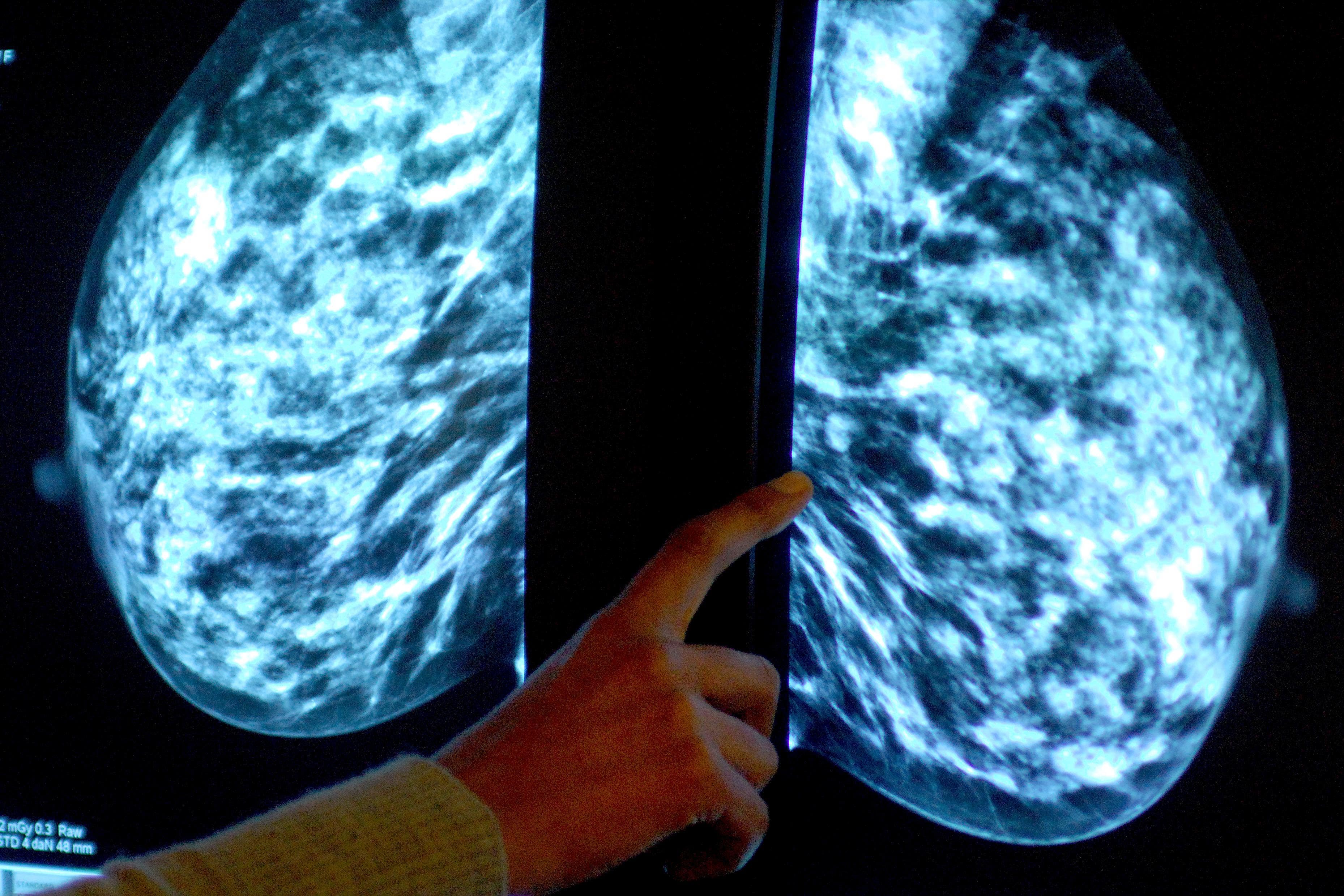Women who begin menopause early face double the risk of breast cancer, study finds
Research finds women who go through early menopause are almost four times as likely to contract ovarian cancer

Women who start menopause early are twice as likely to get breast cancer, according to a new study.
Research by the University of Utah Health also discovered that women who begin menopause before the age of 40 face four times the risk of contracting ovarian cancer.
The study found that early menopause can be an indicator of an increased risk of colon, breast and prostate cancer for relatives.
Corrine Welt, one of the report’s authors, said: “Women who have infertility from low egg numbers or experience early menopause should make sure they are regularly screened for breast cancer, especially if they have family members with cancer.
“Doctors who practice general medicine, gynaecology and fertility treatment should be aware that early menopause increases risk for a number of diseases, and they should now be aware that breast cancer may be one of these diseases to watch for.”
Researchers looked at the medical records of 613 women with primary ovarian insufficiency and 165 women who started menopause early between 1995 and 2021.
The data come from two healthcare systems in Utah, which support 85 per cent of the population.
Women who have infertility from low egg numbers or experience early menopause should make sure they are regularly screened for breast cancer, especially if they have family members with cancer.
Researchers used Utah Population Database genealogy information to track down relatives, as well as obtaining data from the Utah Cancer Registry.
An estimated 13 million women are going through the menopause in the UK, with a substantial proportion experiencing debilitating symptoms including heart palpitations, hot flushes, headaches, vaginal pain, anxiety and depression.
One in seven women in Britain will develop breast cancer at one point in their life, with one woman diagnosed every 10 minutes.
Breast cancer is the most prevalent type of cancer in the UK and the disease claims around 11,500 women’s lives every year.
Breast Cancer Now calls for women to examine their breasts for cancer at least every six weeks as getting an early diagnosis can stop women dying from the illness. The charity says those who need help can speak to expert nurses by calling its free helpline on 0808 800 6000.
Join our commenting forum
Join thought-provoking conversations, follow other Independent readers and see their replies
Comments